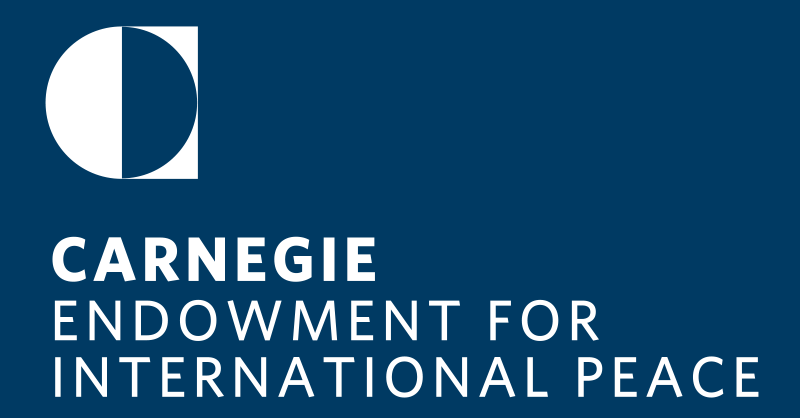Carnegie Endowment for International Peace - New Scholar Spotlight with CWP alum Cheng-Chwee Kuik
As the U.S.-China rivalry intensifies, Southeast Asia is becoming the defining “ground zero” of big-power competition. China would not be recognized as a global power without enjoying an edge in Southeast Asia, a region it views as its historic backyard. The United States, on the other hand, would not be able to retain its preeminence in Asia without exerting a significant share of influence in maritime Southeast Asia, especially over the critical central zone that connects the Straits of Malacca and the Indian Ocean with the South China Sea and the rest of the Pacific Ocean. This zone lies at the heart of the Indo-Pacific, a geopolitical construct seen by China as a U.S. tool to mobilize coalitions to contain China’s ascendancy.
To the smaller states in Southeast Asia, the intensifying U.S.-China rivalry presents promises of profits, as well as pressures, pains, and predicaments. The big power politics are primarily but not limited to the U.S.-China rivalry. Southeast Asia is also the center of competition of courtships by an array of second-tier powers in and out of Asia. These include Australia, India, and Japan—which form the Quadrilateral Security Dialogue (Quad) with the United States—as well as South Korea, the EU, the United Kingdom, and Canada. These players engage Southeast Asia and the Association of Southeast Asian Nations (ASEAN) with their own aspirations and agendas, some of which converge with the United States’.
New Scholar Spotlight: Cheng-Chwee Kuik
- APRIL 26, 2024 https://carnegieendowment.org/2024/04/26/new-scholar-spotlight-cheng-chwee-kuik-pub-92319 -
Dr. Kuik Cheng-Chwee is Professor of International Relations at the Institute of Malaysian and International Studies (IKMAS), National University of Malaysia (UKM). He is concurrently a non-resident Senior Fellow at Johns Hopkins University’s Foreign Policy Institute (FPI). Previously, he was a Postdoctoral Research Associate at the Princeton-Harvard “China and the World” (CWP) Program and a Visiting Research Fellow at Oxford University. Professor Kuik’s research focuses on smaller-state foreign and defence policies, Asian security, and international relations. He serves as a member of the Consultative Council on Foreign Policy, Malaysian Ministry of Foreign Affairs. Cheng-Chwee is a regular invited speaker to international conferences and closed-door policy roundtables. Cheng-Chwee’s publications have appeared in such peer-reviewed journals as International Affairs, Pacific Review, Journal of Contemporary China, Chinese Journal of International Politics, and Contemporary Southeast Asia. His essay, “The Essence of Hedging”, won the Michael Leifer Memorial Prize awarded by the Institute of Southeast Asian Studies. He is co-author (with David Lampton and Selina Ho) of Rivers of Iron: Railroads and Chinese Power in Southeast Asia (2020) and co-editor (with Alice Ba and Sueo Sudo) of Institutionalizing East Asia (2016). His current projects include: hedging in international relations, domestic politics and foreign policy choices, and the geopolitics of connectivity cooperation. Cheng-Chwee serves on the editorial boards of Contemporary Southeast Asia, Australian Journal of International Affairs, Asian Politics and Policy, International Journal of Asian Studies, and East Asian Policy. He holds an M.Litt. from the University of St. Andrews, and a PhD from the Johns Hopkins University’s School of Advanced International Studies.
Photo Credit: https://carnegieendowment.org/layout-images/campaign-assets/metadefault-Twittercard-ceip.png


